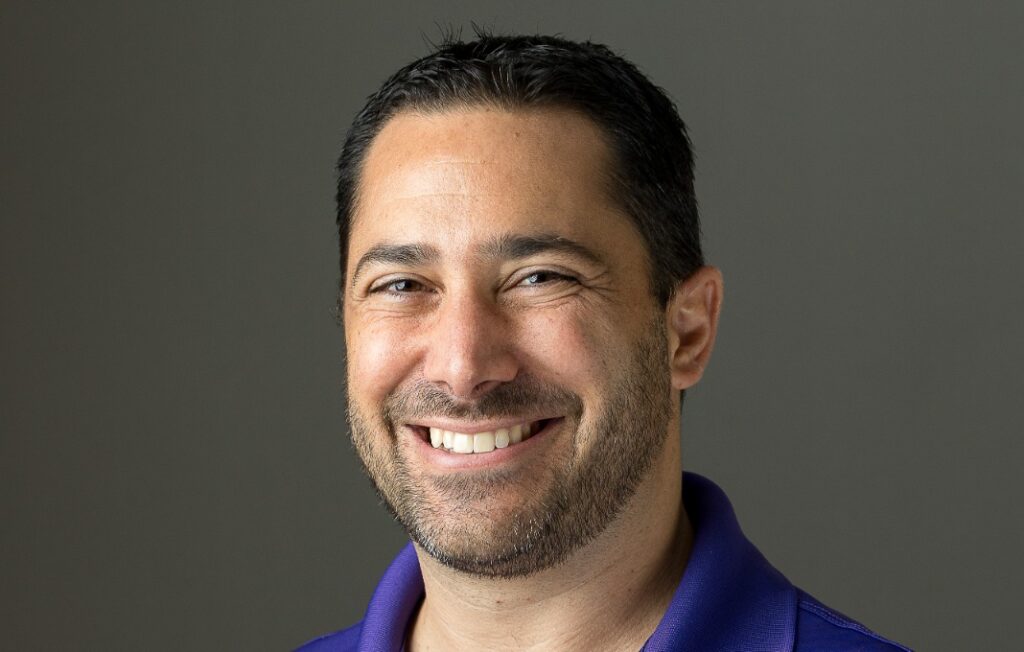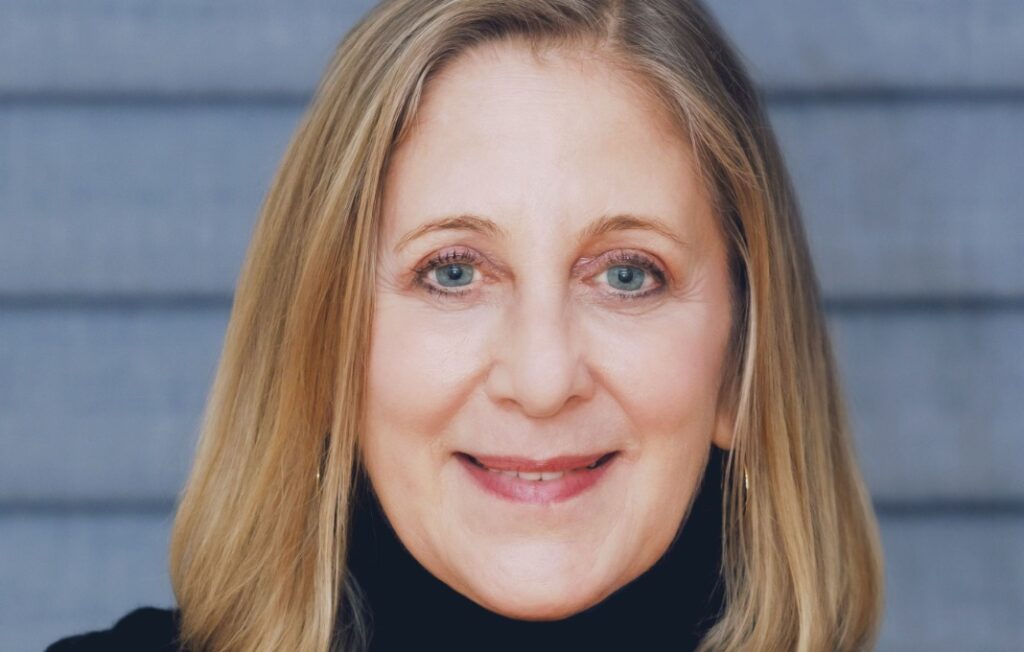
Azra Khalfan was on a plane from New York City to Dubai when a PepsiCo executive sat down in the next seat. Khalfan’s company, Plaques by Azra, had done some work for the food giant. They expressed mutual admiration of then-PepsiCo CEO Indra Nooyi, in part because of the Hindu principles she utilized in her leadership.
A Muslim wearing a headscarf, praying, and eating only halal food during the 13-hour flight, Khalfan also was reading between the lines of her seatmate’s reactions to her expressions of faith that day.
“I felt in effect this man was telling me that what I was doing was right, and he put me in touch with his global supply-chain manager,” Khalfan recalls. “He liked that I took these things seriously.”
In an increasingly secular age—only 50 percent of Americans said they were a member of a church or synagogue last year, down from 62 percent in 2010, according to Gallup—the idea of CEOs publicly discussing or displaying their faith may seem anachronistic at best. At worst, it can lead to high-profile PR misfires, such as the blowback Chick-fil-A’s Dan Cathy got for his outspoken opposition to gay marriage before he retreated to more private views on the subject.
But as many corporate leaders struggle to reposition their companies and brands as standing for some sort of sublime purpose beyond mere dollars and cents, business leaders such as Khalfan and Cathy—whose company famously still keeps all its stores closed on Sunday, despite billions of dollars in lost potential revenue—have been talking about conviction all along. The result is a surprisingly resonant message for stakeholders, especially young employees longing for authenticity, empathy and integrity in their workplace.
“There’s a perception fed by the public sector more than anything else that faith doesn’t have a part to play in the workforce,” says Nathan Sheets, founder and CEO of Nature Nate’s Honey, a food company in McKinney, Texas. “But that seems disingenuous. Where the culture is today, especially millennials, they’re all about authenticity and transparency.”
Faithful CEOs include Walmart CEO Doug McMillon, who regularly talks about his Christian beliefs in speeches, often proclaiming, “God is good.” Mark Hogan, the chief global advisor and a former board member of Toyota Motor, attends mass daily when he can—an easier commitment in Detroit and in Brazil, where he spent most of his career, than in heavily Shinto Japan.
“My faith is one and one with me, not separate,” says Shmuel Gniwisch, a Hassidic Jew whose Montreal-based family outfit, BNSG Capital, has owned and started many companies, including e-commerce giant Ice.com. “We’ve invested in more than 30 companies, and our responsibility is to pay forward into them. It’s not only about the money. We’re working for a greater purpose.”
Communicating his faith “isn’t standing on top of a milk crate and saying, ‘This is what you need to do,’” says Gniwisch. “It’s in the little things, the discussions around every business table, the details that you drop into a conversation.”
For instance, Gniwisch likes to note that God created the world in six separate days. “So I use that story to point out how we need to celebrate ‘little wins’ in whatever we are doing, meaning you don’t necessarily have to ‘go big’ all the time,” he explains.
Sheets tries to lead with six characteristics that he says are drawn from biblical passages such as 1 Corinthians 13. “Be loving, faithful, compassionate, creative,” he says. At its plant, Nature Nate’s encourages employees to drop cards into a box recommending fellow employees who are living out a “beatitude”—one of the prescriptions that Jesus Christ delivered in his Sermon on the Mount. Optional Bible studies are available during work hours.
And if he has to fire someone, Sheets says, “We’ll do it honorably and compassionately. Maybe that impacts us negatively from a bottom-line perspective, but that’s OK. We’ll make it up in other ways.”
Bryan Owens, CEO of Unclaimed Baggage Center, in Scottsboro, Alabama, says that honoring the company’s commitments is one expression of his Christian faith. “We’re fastidious about that,” he says. “We don’t pay things before they’re due but never after they’re due.”








